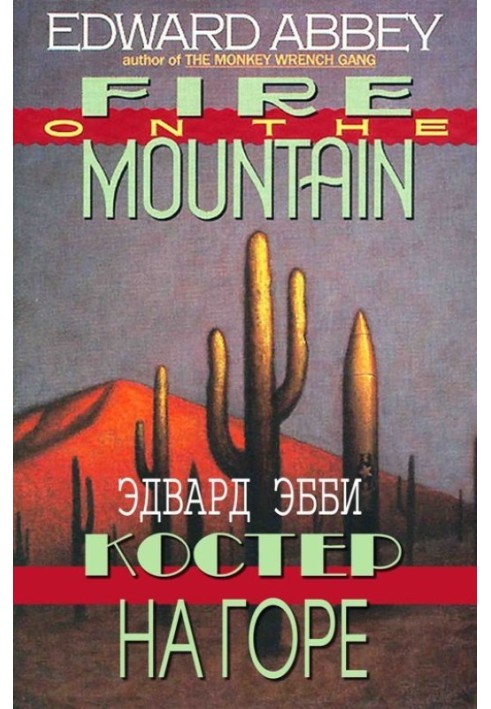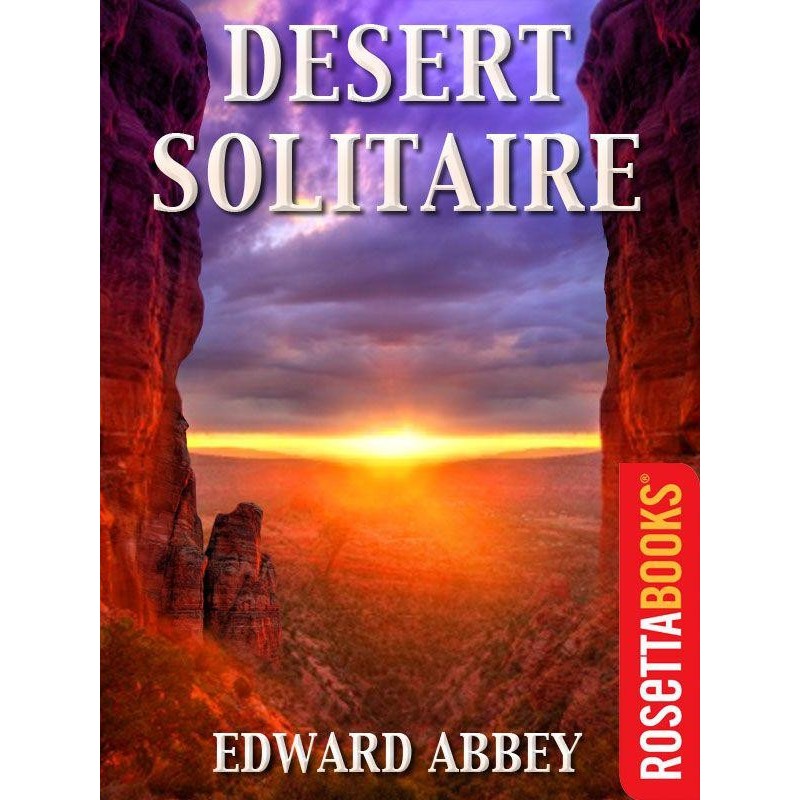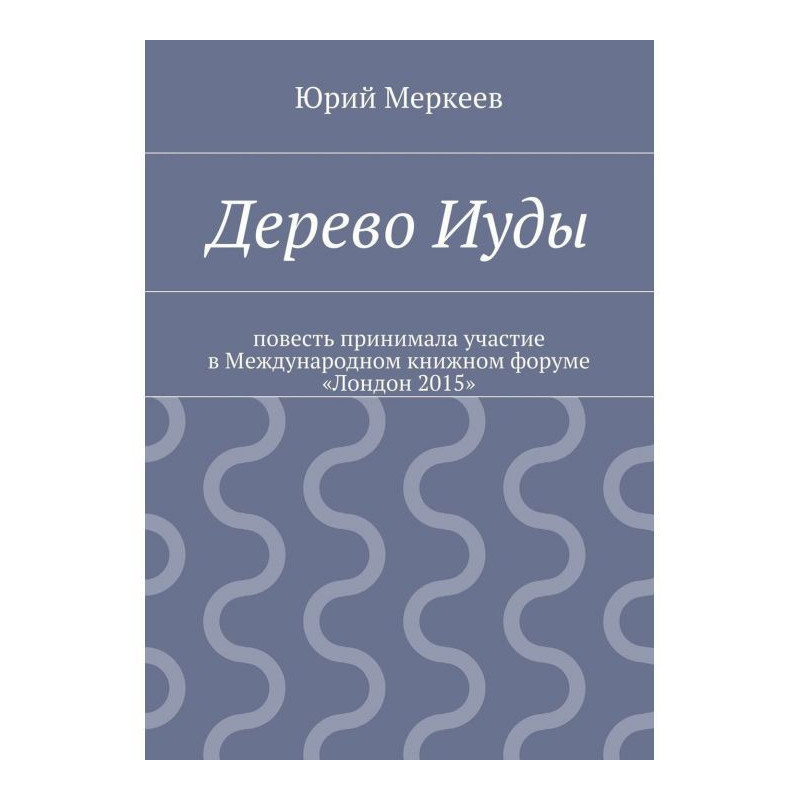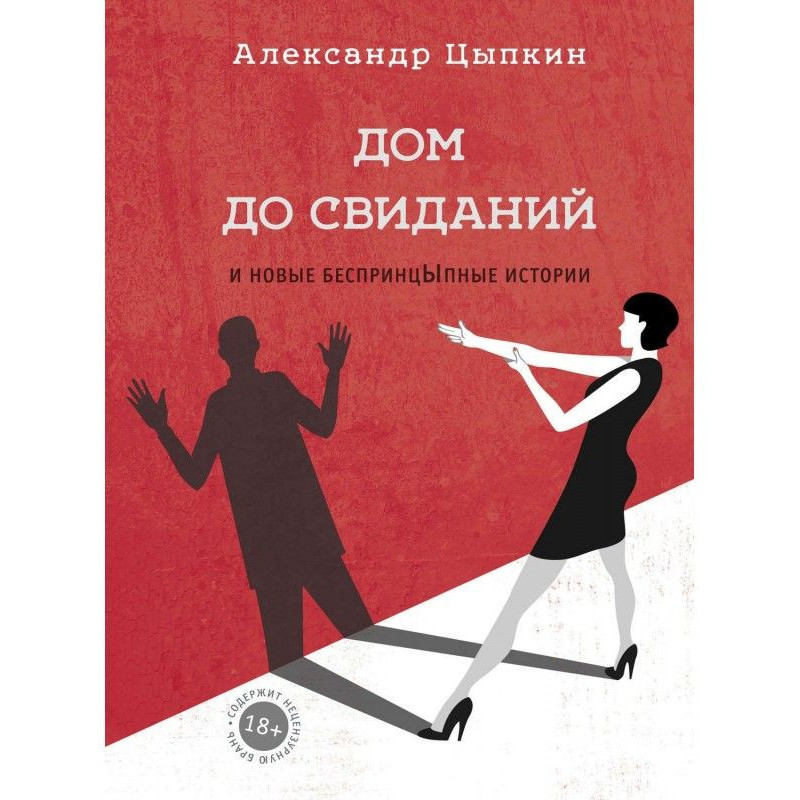Bonfire on the mountain
 Instant download
Instant download
after payment (24/7)
 Wide range of formats
Wide range of formats
(for all gadgets)
 Full book
Full book
(including for Apple and Android)
Edward Abbey (1927-1989) - famous American writer (author of 21 books), prominent philosopher, ideologist and practitioner of radical environmentalism. Born in Pennsylvania. In the 1950s, he studied at the University of New Mexico, at the University of Edinburgh, and wrote a dissertation on anarchism. He was a professor of English. In 1956-1971 he worked for the US National Park Service, one of the ideologists and organizers of the famous radical environmental group “Earth First!” In the 1970s and 1980s, he became one of the most prominent figures in the American environmental movement. A zealous defender of wildlife, Abbey has repeatedly stated that he would rather kill a person than a snake. Author of the acclaimed books "The Hermit of the Desert", "The Wrench Gang", "The Journey Home". Jokingly or seriously called himself "desert rat". Not known in the post-Soviet space.
Abby is one of the theorists of environmental sabotage (ecotage), i.e. hidden damage to equipment and machinery designed to make environmentally harmful actions economically unprofitable. In the novel "The Wrench Gang Key" he spoke about a group of conservationists who, wanting to save areas of wilderness from human exploitation, destroyed construction workers' bulldozers and railroads that transported coal. "Traditional Christian ethics," says Abby, "must expand to include other living beings who share the planet with us (cited in: Nash, 1989). This ethic should extend to streams, lakes, clouds, air, stones, animals, plants, swamps - everything that the “spanner gang” protected.
Abbey believed that people had no right to use more than "some part" of the planet; the other part should be provided for permanent use by the wild. Wild places should stay wild. And this must be done not only in the interests of people who value such places for recreation and recuperation, but because “recognizing the rights of inanimate objects - for example, stones or an entire mountain - means remaining in their place” (quoted in Nash, 1989).
He stated the desirability of giving nature moral equality (if not priority) with people who have “multiplied beyond belief” and can be called “pest people.”
According to the philosopher, love for wild nature is “an expression of gratitude to the land that gave birth to us, nurtured us and became our home, the only paradise we need - if only we can understand it." In his opinion, the destruction of wild nature is a sin, "original sin" (Abbey, 1968).
In the novel "Hermits of the Desert" E. Abbey defends wildlife "for political reasons." He believes that people need wild areas to serve as a possible sanctuary, a place of protection from government pressure.
Abbey warned that changes could occur in the modern world when any dictatorial regime will require the destruction of wild nature to the ground (let us remember, for example, the closure of almost 100 Soviet nature reserves by Stalin in 1951 - V.B.): to build dams on rivers, dry up swamps, cut down forests, destroy mountains, irrigate deserts, plow up steppes, and turn national parks into parking areas (Abbey, 1968).
Abbey encourages people to protect wildlife also in order to preserve their freedom - “man cannot have freedom without wildlife” (Abbey, 1977).< /p>
In another famous book, "The Journey Home", the writer said that wild nature is the only valuable thing that we need to save, and we need to learn to love what is free, rough, wild, untamed and untouched (Abbey , 1977). He states that "the idea of wilderness does not require protection. It only requires more defenders" (Abby, 1977). Abbey believes that protected natural sites are also sacred places, even more sacred than our churches.
According to E. Abbey, environmental ethics should be seen as nature's claim to its rights. Human thinking has evolved to the point of protecting the inherent value of wild nature, because wild nature by itself is not capable of expressing its interests (cited in Nash, 1989).
“It does not matter whether a society is called capitalist or communist, - they are doing the same thing - destroying nature and themselves. I predict that military-industrial states will disappear from the face of the Earth within 50 years. The belief in this is the basis of my optimism, is the hope for the upcoming renewal of civilization: humanity will be few and far between. living by hunting, fishing, gathering, small-scale farming and herding. Once a year, people will gather in the ruins of abandoned cities to celebrate moral, spiritual and intellectual renewal. For them, nature will become not a place of entertainment, but a home." (Abbey, 1975).
In the book "Hauduk Lives!" the author cites the “code of the eco-warrior”, a special fighter for the protection of wildlife: “The eco-warrior does not harm any living beings; in his work he relies on himself and a small circle of trusted friends; he is heroically devoted to his work; he acts without hope of glory, fame and moral reward ; he does not wear a uniform, he is not awarded medals. The Eco Warrior does his work out of love for wild nature, waves, bears, clean streams, freedom. The Eco Warrior is strong, slim, strong, resilient, he does not drink beer continuously and does not smoke continuously. cigars. Eco-warrior does not fight with people, he fights with technology out of control, this all-consuming entity that feeds on people, all living creatures, as well as minerals, stones, soil, itself. earth.
Eco-warrior slogans: - no compromise in protecting Mother Earth!
- wild nature: love it or leave it alone!
- if wild nature is outlawed, only those who are outlaws can save wildlife;
- be ecocentric, not self-centered;
- More moose! Less cows!
- Long live the Earth!
Data sheet
- Name of the Author
- Эдвард Эбби
- Language
- Russian
- Translator
- Святослав Георгиевич Котенко

















